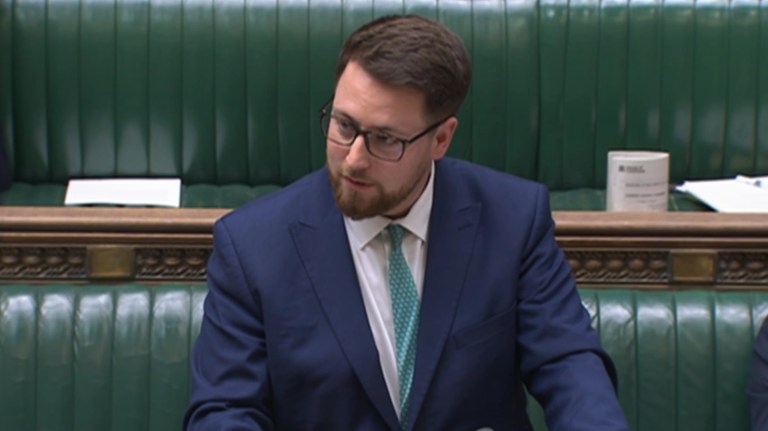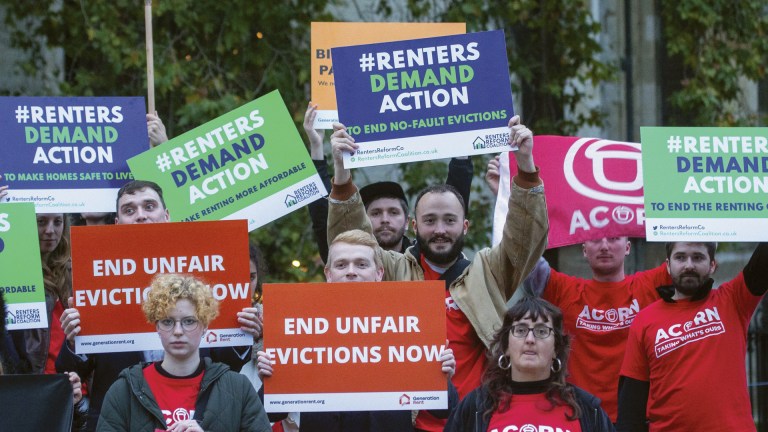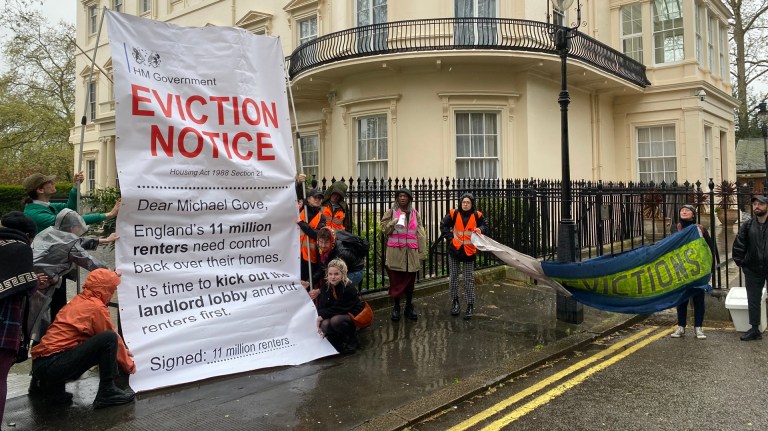Working families in two-thirds of the country are forced to turn to housing benefits to cover private rents thanks to England‘s ‘rent trap’.
New figures from housing charity Shelter reveal that there are 218 council areas where families with low income would be forced to spend nearly a third of their salary on rent with 112 areas forking out more than 40 per cent.
Spending such a high proportion of earnings on rent is slashing the amount of cash available to cover living costs, childcare or utility bills and leaving families on the knife-edge.
Shelter analysed average private rents for two-bedroom homes in every local area in England to assess how affordable they would be for low-income families with one adult working full-time and another part-time.
Renting privately left me paralysed with fear – I couldn’t see a future without benefits and was constantly worried that my landlord would put my rent up
Of the around 1.5 million working families living in privately rented homes in England, they would be least likely to be able to afford rents in Kensington and Chelsea – the area where the Grenfell disaster happened in 2017 – which is a low affordability hotspot.
In the London borough the average rent is 127 per cent of the average low-earning family’s pay while Westminster and Camden follow at 111 per cent and 92 per cent respectively.









